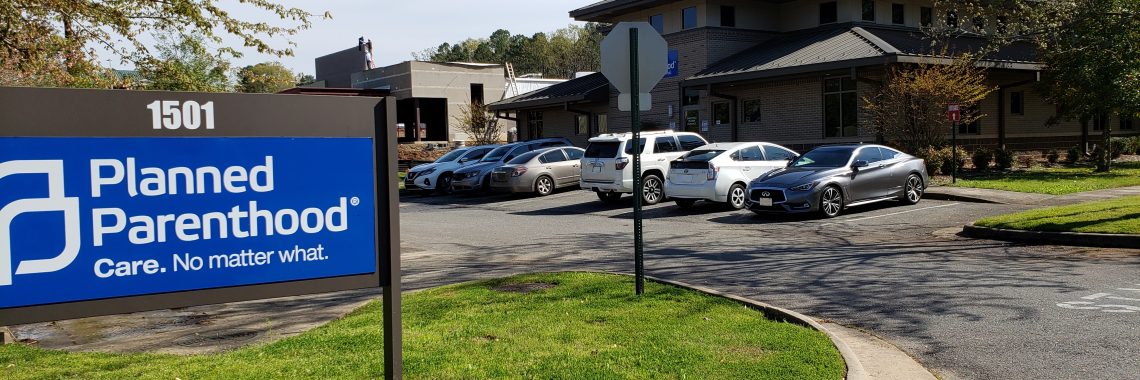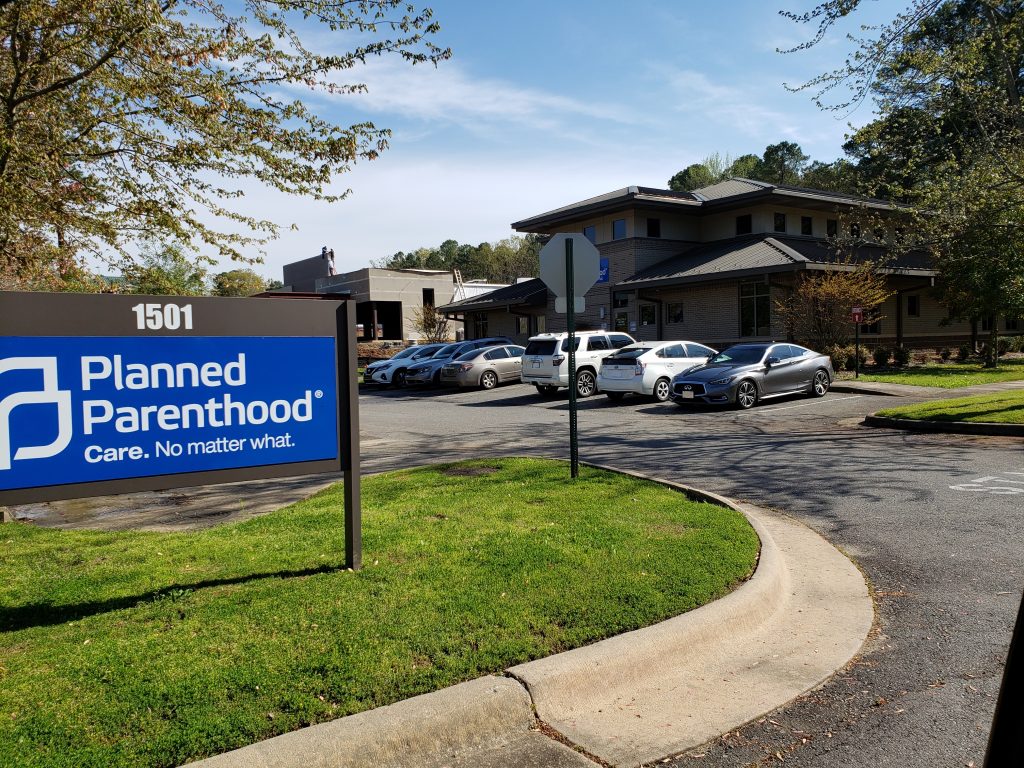FOR IMMEDIATE RELEASE
Wednesday, April 22, 2020
On
Wednesday a three-judge panel from the Eighth Circuit Court of Appeals decided
to let the State of Arkansas restrict surgical abortions while a lawsuit
against the state progresses. The ruling removes a restraining order U.S.
District Judge Kristine Baker in Little Rock had imposed on the state.
Family
Council President Jerry Cox issued a statement, saying, “This is a very good
decision. It is irresponsible to let abortionists keep performing surgical
abortions at a time when other doctors and surgeons have been forced to
postpone their operations. Why should abortion clinics be open for business as
usual when so many other clinics are closed?”
Cox
said it is only fair to make abortionists play by the same rules as other
health clinics. “Abortion providers have said for years that abortion is just
like any other procedure. Now they are saying that abortion is different. They
want it both ways. Abortion clinics should have to operate by the same health
and safety rules as everyone else during the pandemic.”
Cox
said restricting surgical abortions will help slow the spread of coronavirus.
“Elective surgical abortions waste precious medical resources, and we have
ample evidence that women from neighboring states, including COVID-19 hotspots,
have been coming to Arkansas for abortions. If we want to slow the spread of
coronavirus, we need to put a stop to surgical abortions for the time being.”
Cox
pointed out that the state’s directive concerning abortion is very specific.
“This is a public health directive that applies to all elective surgeries,
including surgical abortions. It does not apply to abortions performed using
abortion drugs like RU-486. It does not apply to surgical abortions performed
to save the life of the mother. It doesn’t stop abortion facilities from
offering other healthcare services besides abortion. Arkansas’ health directive
is very reasonable.”
Cox applauded the state’s
leaders for addressing elective surgical abortions during the COVID-19
outbreak. “This is the right thing to do, if we want to slow the spread of the
coronavirus. Governor Hutchinson and Secretary of Health Dr. Nathanial Smith
have done an excellent job issuing these health directives. Arkansas Attorney
General Leslie Rutledge has done a phenomenal job enforcing and defending the
directives, and I am confident her team will win future pro-life victories in
federal court as this legal battle continues.”
Family Council is a conservative education and
research organization based in Little Rock, Arkansas.
###
READ MORE





